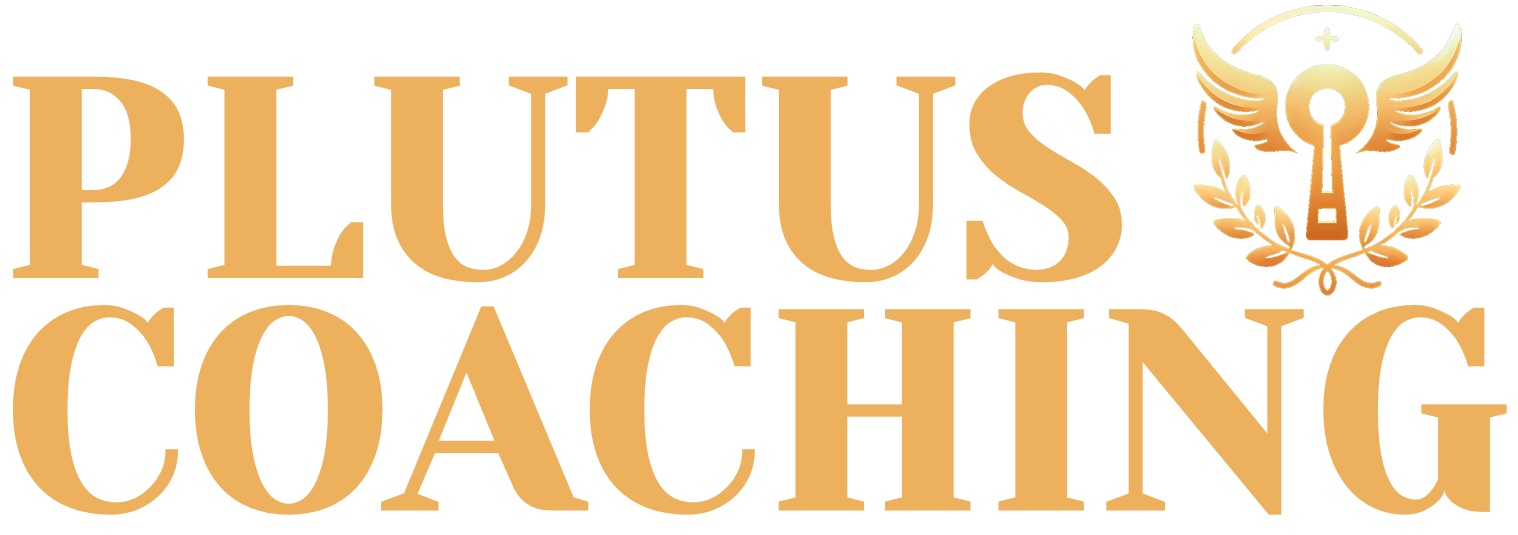That nagging feeling of not being good enough, despite a track record of success? The secret fear that you’ll be exposed as a fraud? If this sounds familiar, you’re not alone. Imposter syndrome is a widespread phenomenon that affects countless professionals, from seasoned executives to fresh graduates, across all industries. It’s that persistent voice in your head whispering doubts about your abilities, accomplishments, and worthiness of your achievements.
Imposter syndrome is more than just a fleeting moment of self-doubt. It’s a collection of thoughts and feelings that can leave you feeling inadequate, anxious, and constantly on edge. You might dismiss your successes as luck or attribute them to external factors. You might downplay your skills and expertise, convinced that others are far more capable.
In this article, we’re taking a practical approach to tackling imposter syndrome. We’ll explore its origins, recognize its signs, and most importantly, provide you with actionable strategies from a career coach’s perspective to overcome these self-limiting beliefs and unlock your true potential. It’s time to silence that inner critic and step confidently into your career success.
Understanding the Roots of Imposter Syndrome
Imposter syndrome doesn’t just appear out of thin air. It often takes root in environments that breed high expectations and constant comparison. Perhaps you were raised in a family where achievement was highly valued, or you work in a competitive field where everyone seems to be striving for the top. The pressure to constantly perform at your best can create a fertile ground for self-doubt to flourish.
Perfectionism also plays a role. If you set impossibly high standards for yourself, every minor setback can feel like a major failure. The fear of making mistakes can paralyze you, making it difficult to take risks or put yourself out there.
Societal pressures can further fuel imposter syndrome. We live in a world that often equates success with external validation. Social media feeds filled with highlight reels can make it seem like everyone else has it all figured out, leaving you feeling inadequate in comparison.
It’s also important to acknowledge that imposter syndrome can show up differently for different people. Women and minorities, for instance, may face additional challenges due to systemic biases and stereotypes. These external factors can reinforce internal doubts and make it even harder to shake off those feelings of inadequacy.
Recognizing the Signs of Imposter Syndrome
Imposter syndrome isn’t always easy to identify, as it often masquerades as everyday self-doubt. However, there are certain telltale signs that can help you recognize if you’re wrestling with this internal struggle.
One common sign is downplaying your accomplishments. You might attribute your successes to luck, timing, or the help of others, rather than acknowledging your own skills and hard work. You may also find yourself constantly comparing yourself to others, focusing on their strengths and magnifying your own perceived weaknesses.
Another sign is the fear of being “found out.” You might worry that your colleagues or superiors will discover that you’re not as competent as they think you are. This fear can lead to anxiety, overworking, and a reluctance to take on new challenges.
Imposter syndrome often manifests in a particular kind of inner dialogue. You might hear yourself saying things like:
- “I don’t deserve this promotion; they must have made a mistake.”
- “I’m going to fail this presentation; I’m not as knowledgeable as everyone else.”
- “I got lucky on that project; anyone could have done it.”
These negative thoughts can become a self-fulfilling prophecy, undermining your confidence and hindering your progress. If you find yourself constantly battling these internal doubts, it’s time to take action and start reclaiming your self-belief.
Strategies for Overcoming Imposter Syndrome
Imposter syndrome might feel overwhelming, but it’s not a life sentence. Here are some powerful strategies you can use to start rewriting the narrative and building unshakeable confidence:
Change Your Inner Dialogue:
That critical voice in your head? It’s time to challenge it. Every time you catch yourself thinking negative thoughts, counter them with positive affirmations. Instead of focusing on your perceived shortcomings, remind yourself of your accomplishments and strengths. Write them down, say them out loud, and let them sink in.
Build Your Support System:
You don’t have to go through this alone. Seek out mentors, coaches, or trusted colleagues who can offer guidance and encouragement. Sharing your experiences with others who understand what you’re going through can be incredibly empowering.
Set Goals You Can Reach:
Don’t set yourself up for failure by aiming for the impossible. Break down your big goals into smaller, more manageable steps. Celebrate each milestone you achieve, no matter how small it might seem. Remember, progress is more important than perfection. And stop comparing yourself to others – focus on your own journey and growth.
See Failure as a Stepping Stone:
Everyone makes mistakes. It’s part of being human. Instead of fearing failure, view it as an opportunity to learn and grow. Develop resilience and perseverance. Remember, even the most successful people have faced setbacks along the way.
Get Professional Guidance:
Sometimes, we need a little extra help. Career coaches specialize in helping individuals overcome self-limiting beliefs and achieve their full potential. They can provide personalized support, guidance, and accountability as you navigate your career path. If you’re based in the UAE, seeking guidance from a career coach in Dubai or Abu Dhabi can be a valuable step towards conquering imposter syndrome and unlocking your true potential.
The Benefits of Overcoming Imposter Syndrome
Breaking free from the grip of imposter syndrome isn’t just about feeling better – it can have a profound impact on your entire life.
When you stop doubting yourself and start owning your accomplishments, you open the door to new opportunities. You’ll be more likely to take on challenging projects, pursue promotions, and step outside your comfort zone. This newfound confidence can propel your career forward in ways you never thought possible.
Beyond your career, overcoming imposter syndrome can enhance your overall well-being. Imagine waking up each day without that nagging feeling of self-doubt. You’ll feel more empowered, more resilient, and more capable of handling whatever life throws your way.
And let’s not forget about your work-life balance. When you’re not constantly second-guessing yourself or overworking to prove your worth, you’ll have more time and energy for the things you enjoy. You’ll be able to set boundaries, prioritize self-care, and create a life that feels fulfilling both personally and professionally.
Conquering imposter syndrome is an investment in yourself, one that pays dividends in every aspect of your life. So start taking those steps today, and watch as your confidence soars and your possibilities expand.
Don’t let imposter syndrome hold you back any longer. It’s time to step into your power, own your accomplishments, and create the career and life you deserve. Remember, you’re not alone in this journey. Countless others have walked this path and emerged stronger and more confident on the other side.
Take that first step today. Start implementing these strategies, and watch as your self-belief grows and your possibilities expand. You have the power to overcome imposter syndrome and achieve greatness. Believe in yourself, and the world will believe in you too.





